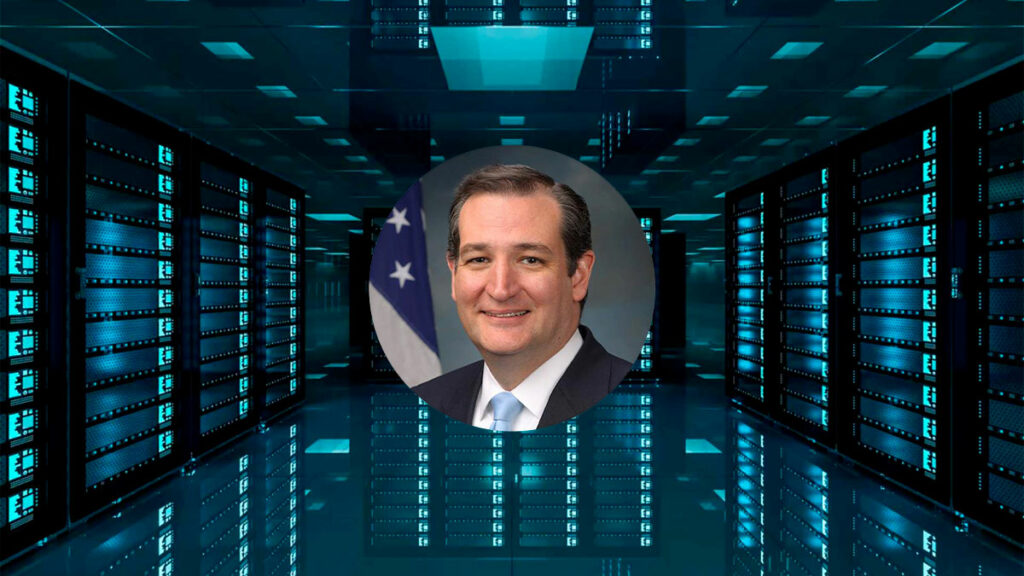TL;DR
- FLARE Act Proposal: Senator Ted Cruz introduces the FLARE Act to repurpose flared natural gas for Bitcoin mining via tax incentives for companies investing in stranded gas infrastructure, effective from 2026.
- Dual-Purpose Legislation: The bill aims to boost sustainable Bitcoin mining by reducing environmental emissions from wasted gas while leveraging excess energy for crypto operations.
- Competitive Safeguards: It includes provisions to bar foreign adversaries from accessing the tax benefits, reflecting broader U.S. efforts to secure essential energy and crypto infrastructure.
U.S. Senator Ted Cruz has introduced the Facilitate Lower Atmospheric Released Emissions (FLARE) Act, a bill aimed at repurposing flared natural gas for Bitcoin mining and other energy-intensive applications. The legislation seeks to incentivize companies to capture and utilize gas that would otherwise be wasted, turning it into a productive energy source.
https://twitter.com/SenTedCruz/status/1907123881304821834
The bill, announced on April 1, proposes tax incentives for businesses that invest in infrastructure to harness flared gas. If enacted, these incentives would apply to operations beginning in 2026, encouraging the development of sustainable energy solutions within the crypto-mining sector.
Turning Wasted Gas Into Bitcoin Mining Power
Flared gas—natural gas burned off at oil and gas production sites due to economic or logistical constraints—has long been a controversial issue due to its environmental impact. The FLARE Act aims to reduce emissions while simultaneously boosting Bitcoin mining efficiency by repurposing this stranded energy.
Industry leaders have welcomed the proposal, arguing that Bitcoin miners are uniquely positioned to utilize excess energy resources. The bill has already garnered support from Digital Power Network and MARA Holdings, both of which advocate for sustainable mining practices.

Restricting Foreign Access to Incentives
In addition to promoting energy efficiency, the FLARE Act includes provisions to block foreign adversaries—including China, Iran, North Korea, and Russia—from accessing the proposed tax benefits. This is in line with the wider initiatives in the U.S. aimed at reducing foreign influence in essential infrastructure industries.
Senator Cruz has been a vocal supporter of Bitcoin and blockchain technology, previously introducing legislation to prevent the Federal Reserve from issuing a central bank digital currency (CBDC). His latest bill reinforces his commitment to fostering a crypto-friendly regulatory environment while addressing environmental concerns.
The Future of Bitcoin Mining and Energy Policy
The FLARE Act arrives at a pivotal moment for Bitcoin mining as the industry shifts toward cleaner energy sources. Recent reports indicate a sharp decline in coal usage among miners, with renewable energy adoption steadily increasing.
While the bill’s legislative path remains uncertain, its introduction signals growing recognition of Bitcoin mining’s role in energy innovation. If passed, the FLARE Act could set a precedent for integrating crypto mining into broader energy policies.










